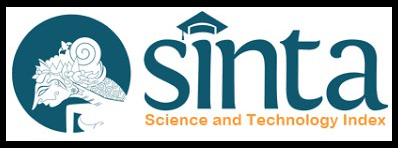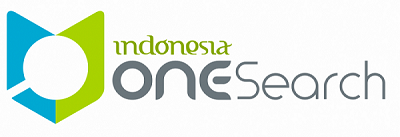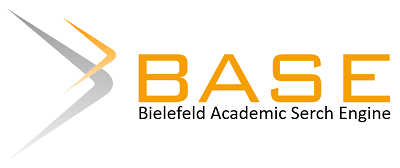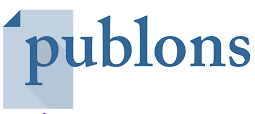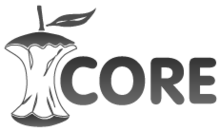THE DEVELOPMENT OF DIGITAL TEACHING MATERIALS WITH PROBLEM-BASED LEARNING ON THE AMPHIBIA SUBJECT TO IMPROVE STUDENTS COMMUNICATION SKILLS
DOI:
https://doi.org/10.37304/balanga.v10i2.8463Keywords:
Digital teaching material, Communication Skills, Amphibia Subject, Problem-Based LearningAbstract
The restrictions on social contact due to the Covid-19 pandemic also impacted the education sector causing many learning activities being carried out online. This research aims to 1) produce designs, 2) determine the feasibility level, and 3) determine the results of the development of problem-based learning digital teaching materials using Amphibia class subject materials in order to improve students’ communication skills. This research is development research using the ADDIE model with data collection techniques through interviews, validation, response questionnaires, observation of communication skills, and tests. Validation result data and response questionnaires were analyzed with the formula of eligibility criteria, respondent criteria and the N-Gain test. The analyses of the results show that the digital teaching materials produced are in the "Very Eligible" category for use, with a feasibility value of 86% according to the material and learning experts; 89% eligibility value according to media experts; its feasibility score was 76% according to linguists, and the average student response was 86%. The average value of the result of the N-Gain test on improving communication skills is 0.63 by means of the "Moderate" category. The 3 out of 5 indicators of written communication skills are in the” Very Good” category, while the 3 indicators of oral communication skills are in the “Very Good” category. The results of student responses with an average score of 85 are in the "Very Good" category, which means that the teaching materials developed have good quality and are suitably used for teaching materials to improve students' communication skills.
Downloads
Downloads
Published
Issue
Section
License
Copyright (c) 2022 BALANGA: Jurnal Pendidikan Teknologi dan Kejuruan

This work is licensed under a Creative Commons Attribution 4.0 International License.









